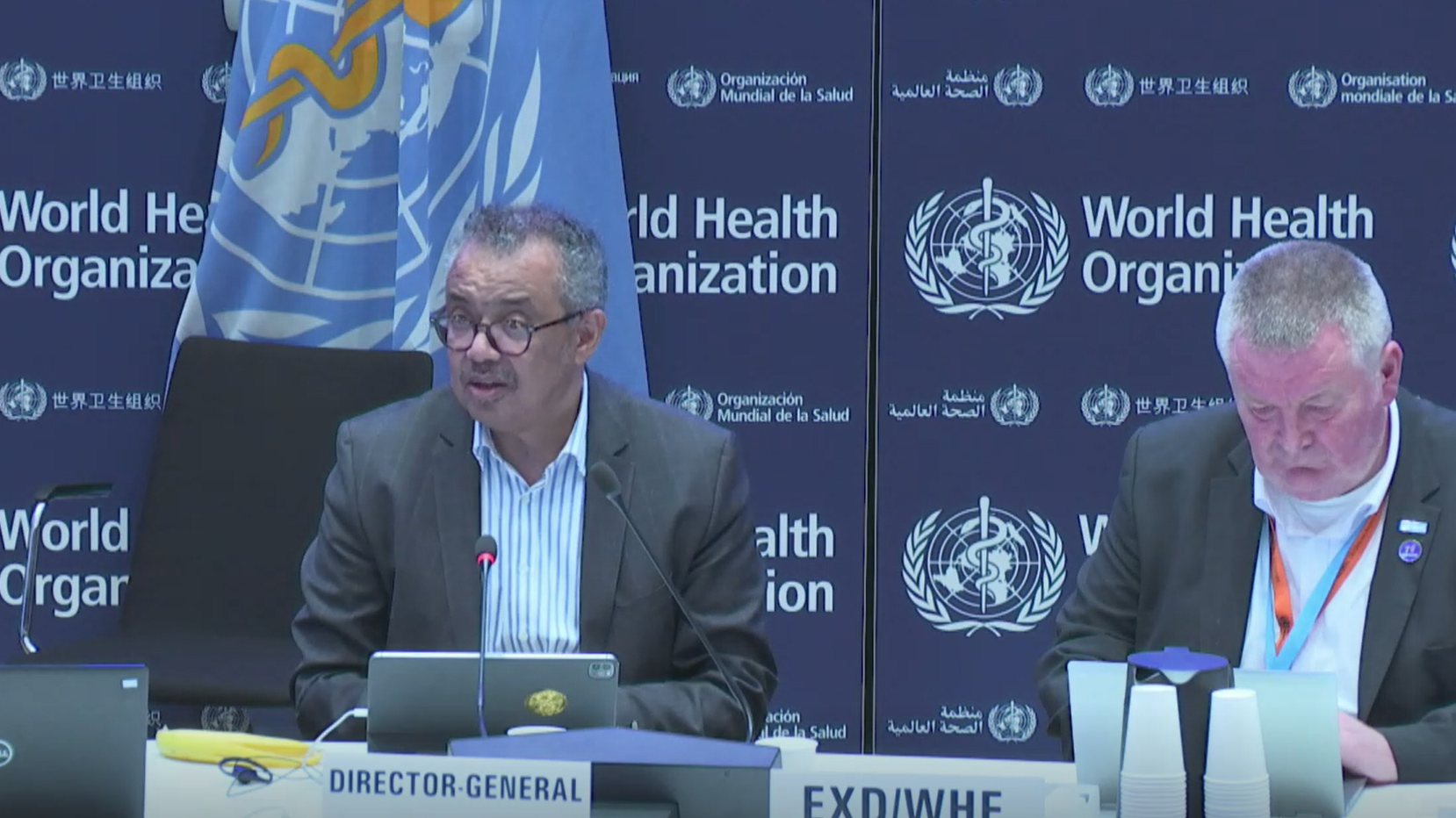Members of the World Health Organization (WHO) failed to reach an agreement on the text of the Pandemic Treaty during the recently concluded 9th round of negotiations of the Intergovernmental Negotiating Body (INB). Consequently, an additional round of negotiations is set to take place between April 29 and May 10, as both the WHO and its members make a final attempt to meet the original deadline for adopting the document during the World Health Assembly at the end of May.
Negotiations thus far have been marked by disagreement over provisions aimed at achieving a more equitable distribution of pandemic products and knowledge between countries. While countries from the Global South have insisted on integrating COVID-19 lessons into the new mechanism to promote global solidarity, high-income countries have refused to take a step away from their partnership with Big Pharma. They have resisted calls for suspension of intellectual property claims on essential products, including vaccines, and have insisted on provisions on pathogen sharing that put low-income countries at a disadvantage.
Disagreements among WHO members have led to numerous additions to the text that the INB Bureau presented for text-based negotiations. Consequently, ‘consensus’ has become the focal point among the INB leadership. Both WHO Director-General Tedros and the Co-Chairs of the INB have expressed hope that countries will prioritize reaching an agreement during the additional round of talks and consider giving in on specific requests.
Read More | Pandemic treaty continues to negate principles of equity and justice
Yet, achieving consensus in this context could mean that the same Global North countries that typically dominate discussions will once again coerce others into compliance. Their refusal to consider points raised by other member states highlights the fact that pandemic lessons have not resonated with them. This is true for discussions related to intellectual property (IP) as well as for those concerning the strengthening of health systems and the health workforce.
In a statement released after the conclusion of the last round of INB negotiations, the global trade union confederation Public Services International (PSI) and the International Council of Nurses (ICN) warned that the text discussed by WHO members does not adequately protect health workers during pandemics. During the COVID-19 pandemic, health and care workers were left without access to personal protective equipment (PPE) and, in some cases, even vaccines, as they worked on the front lines of the pandemic response. PSI and ICN stated, “Health and care workers in all your countries are saying ‘Never again!’ shall we face the next pandemic in those conditions.”
To ensure a fairer, more effective pandemic response, any document endorsed by WHO members should promote equity within and between countries, suspend IP prerogatives, and provide protections for health workers and their families, PSI and ICN said. Additionally, the two organizations stressed that the protection of health workers should extend to assurances of safe staffing and fair international recruitment practices to prevent further exacerbation of health workforce inequalities in the Global South.
The demands put forward by health and care workers are unlikely to be fully incorporated into the final document given the dominance of high-income countries in the negotiation process. This underscores the need for the Pandemic Treaty negotiations to adopt a different approach. “It cannot be business as usual where the same countries that have always demonstrated power continue to dictate terms in the Pandemic Agreement,” emphasized PSI and ICN.
Watch More | Pandemic Treaty negotiations: Will the Global North prevail over international solidarity?
Despite the lack of progress in the negotiations so far, it is far from certain that WHO members will fail to adopt an agreement – any agreement – during the World Health Assembly. K.M. Gopakumar, legal advisor at Third World Network, told AFP that negotiators are now engaged in a face-saving exercise, “because they are so desperate to finalize everything in May.”
To increase the likelihood of a semblance of success, expectations for the document have been significantly toned down. Rather than a comprehensive treaty, discussions are now centered around a bare-bones document. Health Policy Watch suggests that such a basic text could be adopted in May and further developed over the coming months or years.
However, as Gopakumar previously warned, in the case of the Pandemic Treaty, no agreement would be better than a bad one. Allowing the negotiation process to be dominated by a handful of Global North countries opposed to provisions ensuring equity and solidarity could lead to even more devastating consequences in future pandemics.
People’s Health Dispatch is a fortnightly bulletin published by the People’s Health Movement and Peoples Dispatch. For more articles and to subscribe to People’s Health Dispatch, click here.





